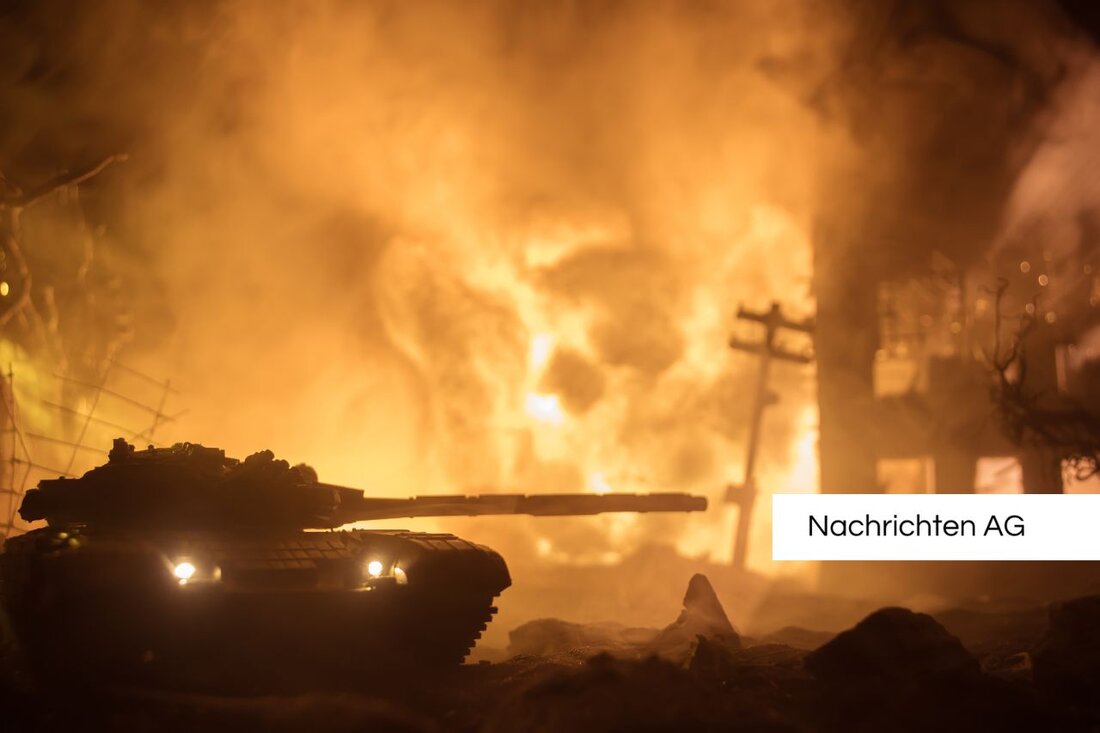70 years of state contract: Young people demand clarity to neutrality!
70 years of state contract: Young people demand clarity to neutrality!
Wien, Österreich - On June 24, 2025, an important event took place in the National Council hall, which was aimed at the young people of the Republic. Here around 190 students had the opportunity to question experts on questions about the state contract, which was signed 70 years ago. The event, moderated by Bianca Ambros, news moderator at Puls 4 and Puls 24, is already the third of its kind and is aimed at the younger generation to promote their interest in political issues. Similar formats were already carried out before the EU election and the National Council election.
The central theme of these dialogal round was Austrian neutrality and its contemporary relevance. In his opening address, parliamentary director Harald Dossi reminded of the end of the Second World War 80 years ago and the associated restoration of Austria's sovereignty by the state treaty of 1955. In this context, Christoph Konrath, head of the Department of Parliamentary Science, explained the fundamental science work, such as the state contract, human rights, democracy and neutrality.
experts and their insights
The discussion was enriched by two experts: Lucile Dreemy from the Institute for Contemporary History at the University of Vienna and Martin Senn from the Institute for Political Science at the University of Innsbruck. Professor Senn characterized the Cold War as a central factor for the creation of the state contract, while Professor Dreemy found that there were hardly any surveys at the time to record public opinion on neutrality. A high school student asked the question of the need for neutrality today. Senn emphasized that the answer was complex and that the role of the United Nations remains of great importance in this context.
Another concern of the students was the participation in democracy. Senn encouraged the participants to actively get involved in political processes. Professor Dreemy referred to the alarming number of 1.5 million people who were not entitled to vote in Austria in the previous year - a fact that endangers democracy.
dimensions of neutrality
The discussion on neutrality in Austria also has considerable interest beyond the event. Martin Senn describes various dimensions of neutrality policy: interpretation, attractiveness and deterrent. These aspects experience a change through domestic debates and the geopolitical framework. According to Senn, there has been too little discussion about Austrian neutrality in the past 25 years. A point that the students also interested.
The development of Austrian neutrality indicated in four phases: from consolidation in 1955 to expansion in the 70s and 80s to stagnation since the mid-2000s. This process illuminates how Austria redefined its neutrality according to the east-west conflict and how membership in the EU and NATO partnership with peace missions were not considered in contradiction to neutrality.
The comprehensive consideration of Austrian neutrality by the experts and the commitment of the young people during the event illustrate the relevance and the challenges that Austrian society is facing today. The common goal remains to protect the legacy of the state contract and to further expand democracy.
The celebrations related to the state contract also expressed various political sizes. Foreign Minister Leopold Figl said on May 15, 1955: "Austria is free", which laid the foundation stone for a long tradition of neutrality. Chancellor Stocker emphasized the importance of neutrality, while Vice Chancellor Andreas Babler saw her as an order to protect democracy. In a ceremony dedicated to the state treaty, former Federal President also remembered the social and political challenges of the time.
These events and the ongoing discussion about Austrian neutrality underline the need for a respectful dialogue about the future of the nation and the active design of its political identity.
For more information about the discussion on Austrian neutrality, please read parlament.gv.at and [orf.://orf.at/stories/3393675/).
| Details | |
|---|---|
| Ort | Wien, Österreich |
| Quellen | |


Kommentare (0)